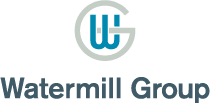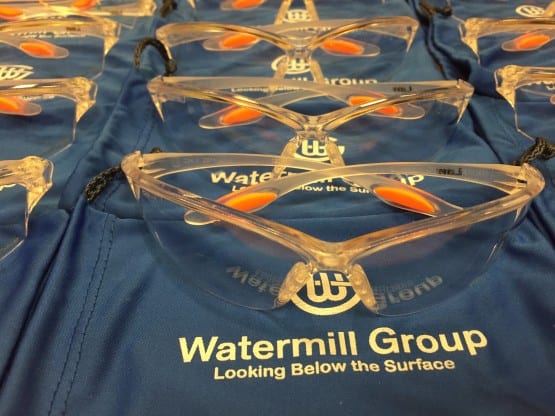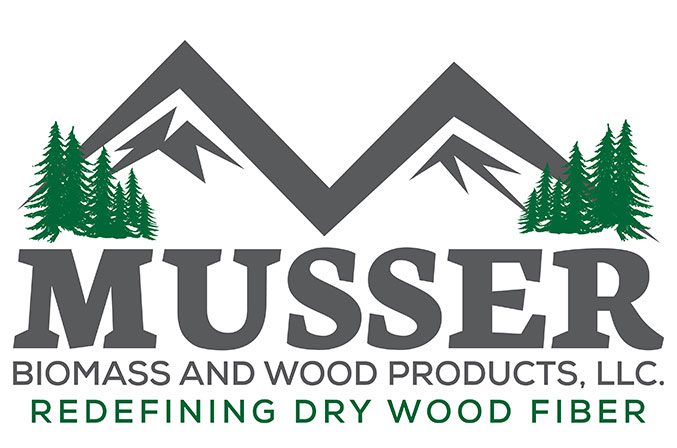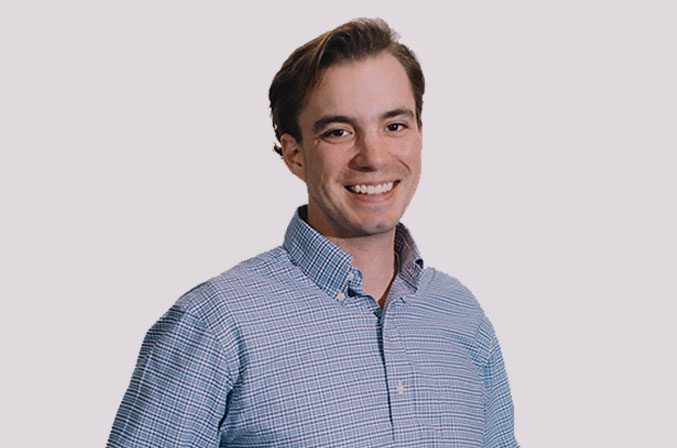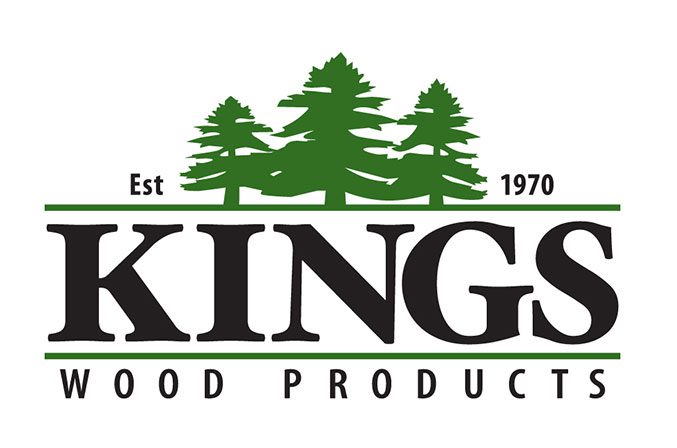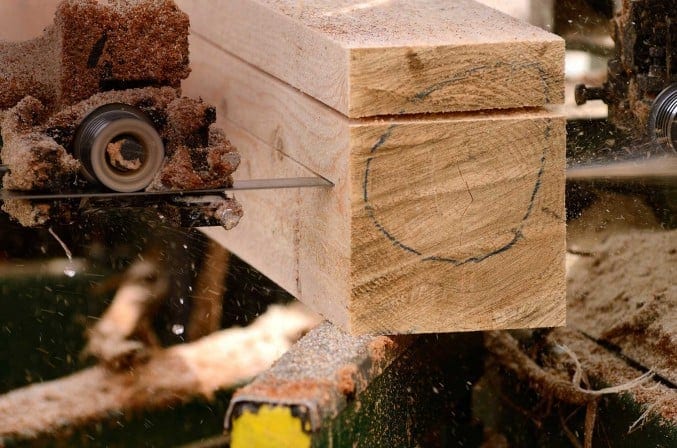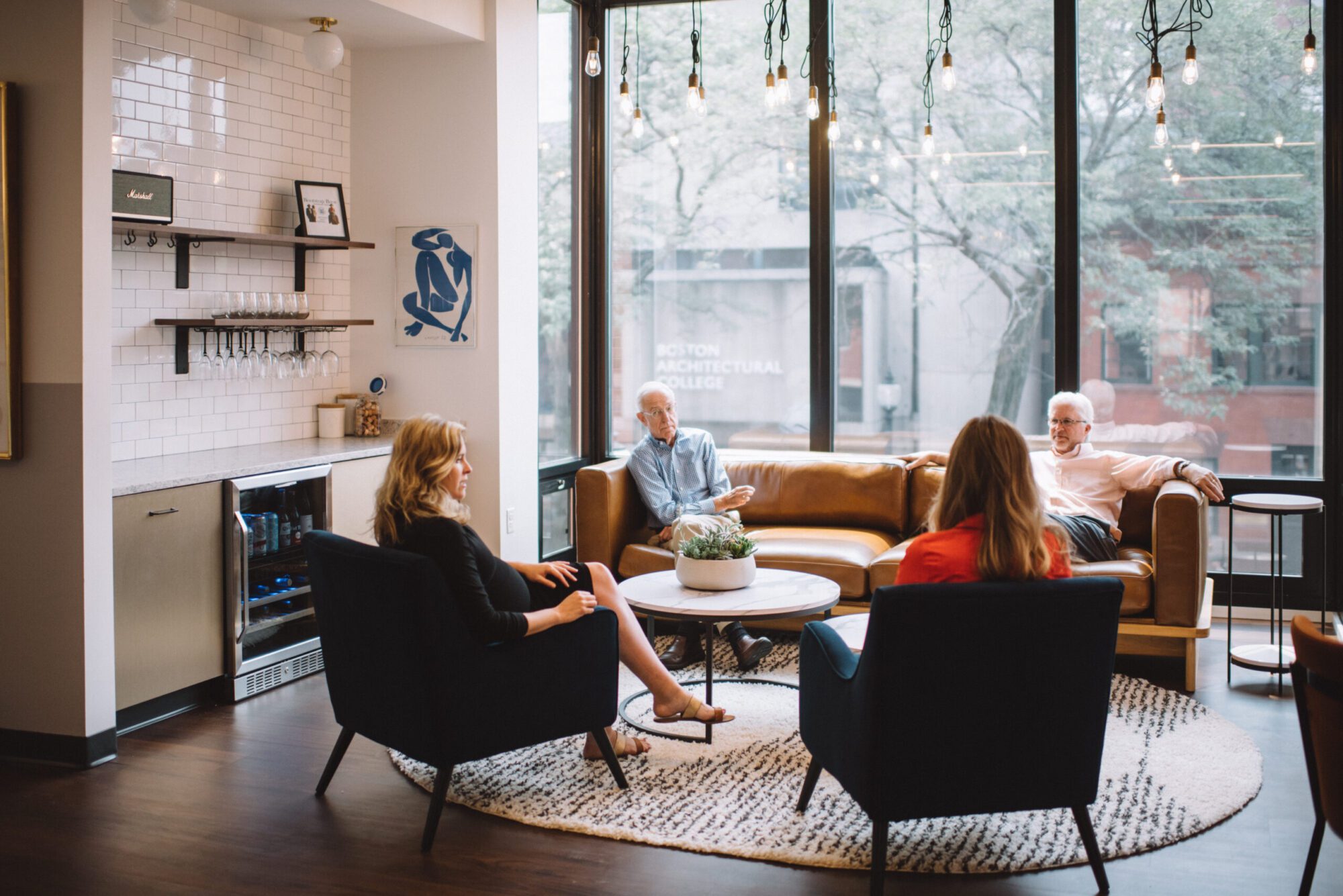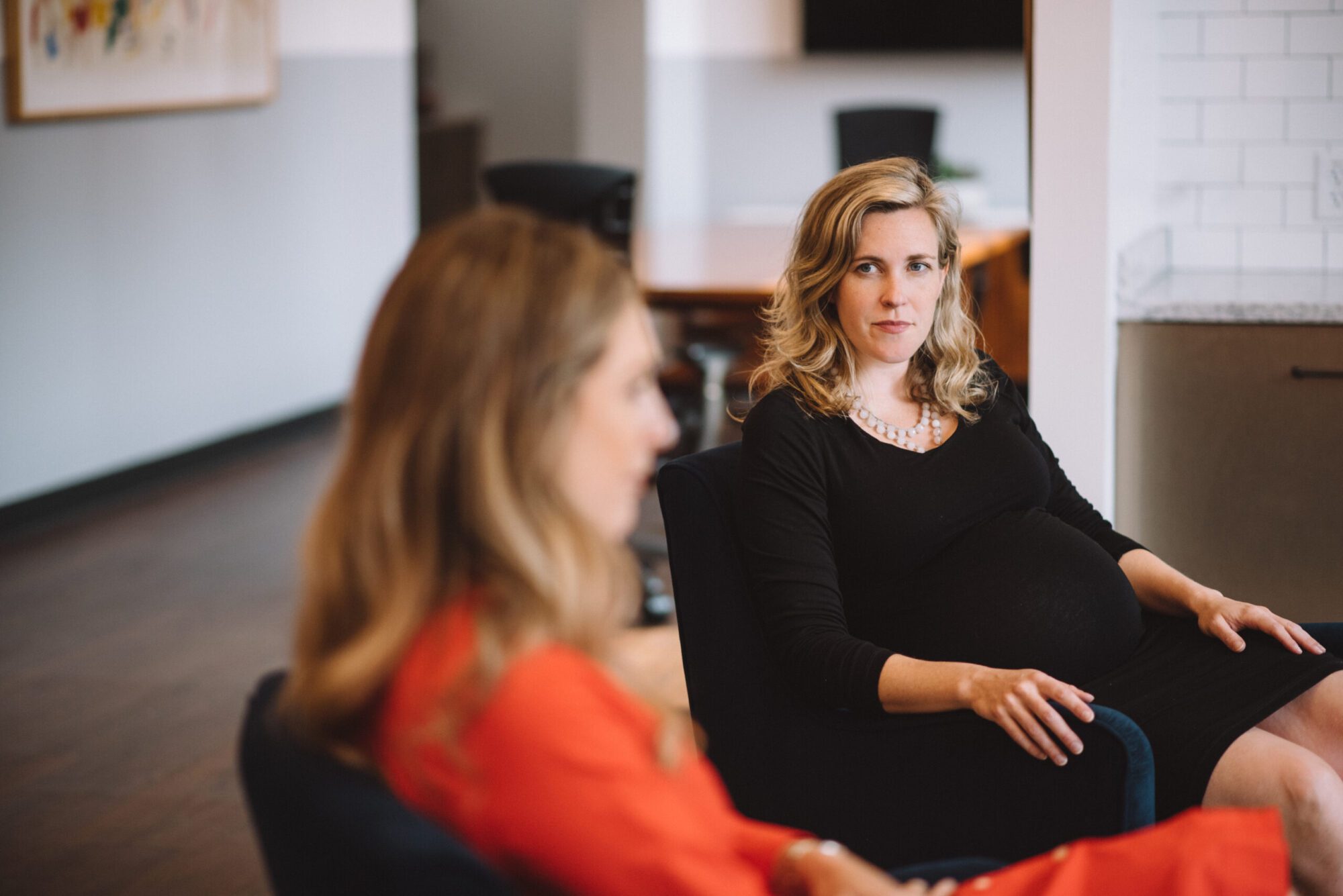Steven Karol on the Importance of Safety
“If we’ve developed an industry-leading safety program, then that company is most likely better at manufacturing than their competition,” Steven Karol, Managing Partner and Founder, The Watermill Group
We sat down with Watermill Founder and Managing Partner, Steven Karol, to discuss the safety program at Tenere – a Watermill company that last month expanded internationally with the addition of a facility in Monterrey, Mexico – as well as his thoughts on safety as an investment priority.
Does Watermill’s emphasis on safety illustrate how Watermill approaches employees and management?
Steven: Absolutely. We have a deep interest in the employees and management at our portfolio companies. Of course, there is the philosophical aspect, where you ask, “Why should anyone come to work in the morning and go home hurt?” Even if it is a dangerous work environment, like making steel, bending metal, or operating a hot mill, it ought to be done in a way in which you shouldn’t have to worry about getting hurt every day.
Then, there’s the rational side: how do you achieve safety? The answer to that question is the “secret sauce.” In order to be safe, the process that you use needs to be thought-through, organized and disciplined. If these requirements are met, then it is more likely that the whole manufacturing process will be effective and efficient. That’s why Watermill looks at safety as a leading indicator of performance for all companies we work with or diligence. It is a rule of thumb that people with a lot of manufacturing experience will be able to tell, without even visiting the company, whether or not its manufacturing process is effective simply by seeing its safety record.
At Watermill, we are interested in both sides. We don’t want people to get hurt, and if we’ve developed an industry-leading safety program, then that company is most likely more efficient and effective at manufacturing than their competition as well.
Can you reflect on Tenere’s safety program, and the discipline they bring to it?
Steven: For Tenere, their safety program is their credo. There are so many ways the program differentiates the company from a safety standpoint.
I’d liken it to when your mother said, “Go outside, but play safe.” Of course that had no impact on you whatsoever. Just like in this context, a manager can’t just simply tell their employees to be safe. It doesn’t work.
The first way employees will be safe is if the equipment is organized in a safe manner and we’ve created a safe work environment. If you have a machine that has a big, heavy lever coming down and stamping something, and it has a guard on it so that an employee can’t get their hands in the way, then that precaution is a good thing. If it doesn’t have a guard and employees could get their hands in the way, then there is likelihood that someday, one way or another, someone might get their hand stamped. When initially touring one of our companies, we saw, among other things, machines without guards. Clearly that needed to be addressed.
The second way employees will stay safe is through work rules and organizing procedures. The third way is by everyone taking personal responsibility and taking responsibility for the guy next to them. That’s when we know we’ve nailed it. Then, hopefully, there starts to be peer pressure for everyone to be safe. This type of peer-to-peer responsibility is more effective than if safety practices came down as an order.
Tenere is really good at that final aspect – the cultural shift toward responsibility. They organize safety teams made up of workers that push safety through the factory, not the management. Obviously, management is supporting these teams and their organizing initiatives, but it is primarily driven at the employee level making it more likely to integrate into the cultural fabric of the company.
Would you say it takes a combination of having good processes in place and getting everyone to buy into the safety culture?
Steven: We want everyone to embrace the safety culture, not merely buy into it. Culture is not something you can set; it is something you can only inspire.
How and when in the evaluation process do you try to determine if safety is already a company focus?
Steven: Watermill starts placing emphasis on safety far before acquiring the business. We will conduct a safety audit as part of our due diligence. Once under our ownership, we will insist that the business benchmark against not only other Watermill companies, but also against their industry and best in class businesses. We make sure to set very aspirational goals.
If you have a new portfolio company that has had safety issues in the past, what are some of the first steps Watermill takes to address those issues?
Steven: We immediately put employees – and their safety – first. For instance, with a company in our current portfolio, when we were walking through the plant prior to purchase, we noticed a lot of aspects of the plant that we didn’t think were safe. We insisted on immediately implementing a new safety program following the close. We actually helped them develop this program and we funded it with a sizable investment before we even closed the deal. So if you are an employee, and you get new owners, and the first thing they do is tell you that they are investing in safety, you as an employee understand that safety is very important. You also know that the new owners are interested in your health, safety and well being, which indicates they are taking a long term perspective on the people and growing the business.
During one of our most recent acquisitions, Mike Fuller, one of our principals, toured the company with the president on the day of closing. Mike introduced himself to employees and made it a point to emphasize that Watermill’s main concern is safety and we would be asking them, the employees, to commit to health, environment and safety. We do this with every new acquisition.
Is there one instance that you can reflect back on where you are most proud of the safety measures that Watermill put in place with a portfolio company?
Steven: I am proud of all of them. Every single one of our portfolio companies has raised its safety levels.
